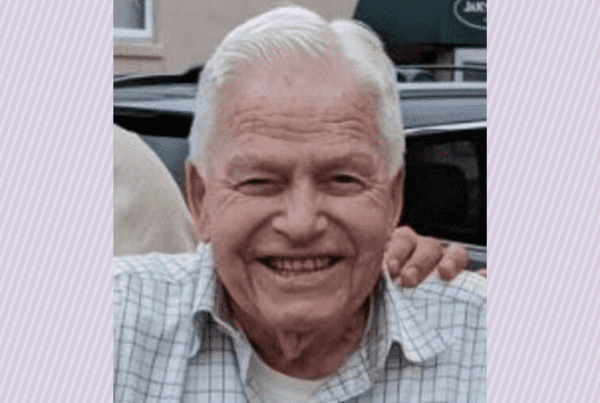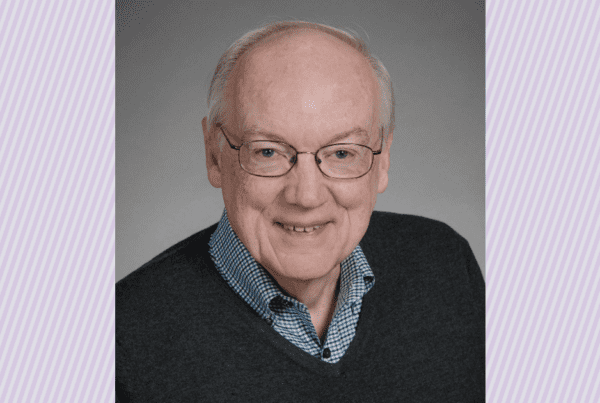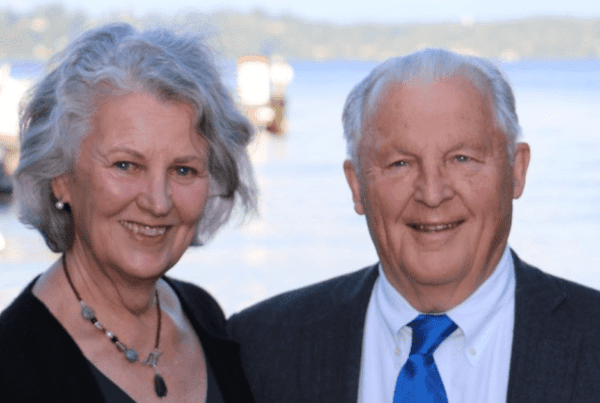Marjorie Anderson, PhD, beloved researcher and professor emerita of Rehabilitation Medicine and Physiology and Biophysics died on Oct. 11, 2021 from complications of Parkinson’s disease. She was 80 years old.
Originally from South Haven, Michigan, Anderson moved to Seattle in 1964 to earn her PhD in neurophysiology. She spent her career researching brain areas affected by Parkinson’s disease, the basal ganglia, and her research formed the basis for the very successful treatment with deep brain stimulation.
“Marge was a woman scientist at a time when that was less common in the medical school, yet she served twice as acting chair of Rehabilitation Medicine,” says Bertil Hille, PhD, professor in the Department of Physiology and Biophysics at UW School of Medicine. “She was a role model for junior faculty women.”
Anderson’s work with both human and nonhuman primates focused on basic brain circuitry and its role in movement control. She was elected fellow of the American Association for the Advancement of Science and her research was funded by the National Institutes of Health.
“As my PhD advisor, Marge gave me the confidence to be successful in neuroscience and to translate our understanding of neuroscience into improved rehabilitation for people with neurological disorders,” says Fay Horak, PhD, FAPTA, endowed professor of Neurology, Oregon Health and Science University.
Anderson was generous, loving, entertaining and welcoming to all she knew. It was common for her to open her home to students, friends, family and colleagues to share a meal, or gather to garden.
“Marge was a wonderful role model, mentor and a real pioneer,” says Rachel Klevit, DPhil, professor of Biochemistry at the University of Washington. “She showed us how to lead while maintaining a sense of humor and approachable demeanor.”
Anderson was passionate about social justice and political change, even through the decline of her health. Her tenacity to continue her research while still being a mentor to others displays her true character as a woman who dedicated her life to improving the lives of people everywhere — even ones she did not know.
“Marge was an expert in her subject and eventually advised in surgeries on the placement of deep stimulating electrodes for therapy in Parkinson’s patients, ironically the disease that she died from. I will miss her greatly,” Hille says.
Anderson’s memorial service was held on Saturday, October 23. To watch the recording of the event, visit here.


